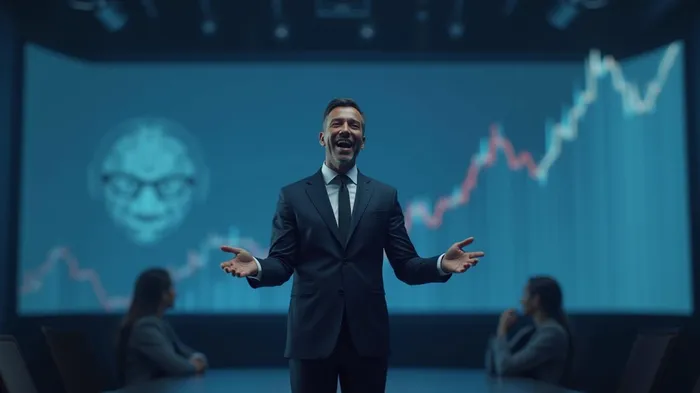Boston Consulting Group Leader Calls for Optimism in AI Future
Leila Hoteit, a prominent leader at Boston Consulting Group (BCG), has called for a more optimistic outlook on the future of artificial intelligence (AI), despite the prevailing pessimism surrounding the technology. Hoteit emphasized the importance of empowering young people to actively engage with and shape the future of AI. She advocated for encouraging children to interact with robots, experiment with AI, and explore learning opportunities within the metaverse. This approach, she believes, will not only foster a generation of innovators but also mitigate the fears and uncertainties associated with AI's rapid advancement.
Hoteit's perspective is timely, given the widespread concerns about job displacement and ethical dilemmas posed by AI. By focusing on education and hands-on experience, she argues, society can better prepare for the challenges and opportunities that AI presents. This proactive stance contrasts with the doom-and-gloom narratives that often dominate discussions about AI, which can be paralyzing and counterproductive.
The call to action by Hoteit underscores the need for a balanced approach to AI development. While it is crucial to address the potential risks, it is equally important to harness the technology's benefits. By enabling young people to build and shape the future, society can ensure that AI evolves in a direction that is beneficial and inclusive. This involves not only technical education but also fostering a mindset of innovation and creativity.
Hoteit's message is particularly relevant in the context of the global AI landscape. As AI continues to permeate various sectors, from healthcare to finance, the need for a skilled and adaptable workforce becomes increasingly apparent. By encouraging young people to engage with AI from an early age, society can cultivate a generation that is not only proficient in AI technologies but also capable of driving its ethical and responsible development.
In summary, Hoteit's call for optimism amidst the AI doom and gloom is a reminder that the future of AI is not predetermined. By empowering young people to actively participate in its development, society can shape a future where AI serves as a tool for progress and innovation, rather than a source of fear and uncertainty. This approach requires a concerted effort from educators, policymakers, and industry leaders to create an environment that fosters AI literacy and innovation.

Quickly understand the history and background of various well-known coins
Latest Articles
Stay ahead of the market.
Get curated U.S. market news, insights and key dates delivered to your inbox.



Comments
No comments yet